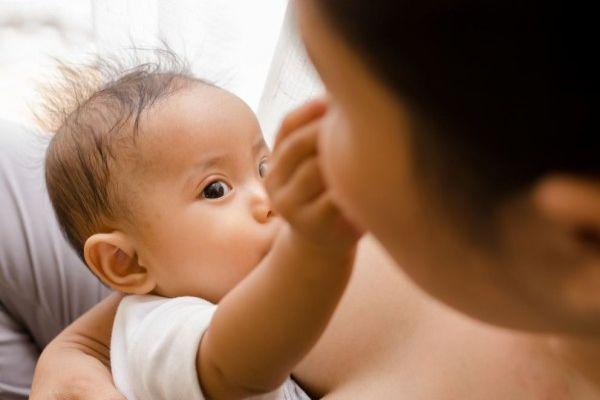Italian scientists have made a worrying discovery - for the first time ever, microplastics have been found in human breast milk.
According to the journal Polymers, samples of breast milk were taken from 34 healthy mothers in Rome, Italy, a week after giving birth.
Upon examination of the breast milk, microplastics were discovered in 75% of the samples.
The scientists also took note of each mother’s eating and drinking habits containing plastic packaging, as well as more specific details such as the use of personal hygiene products containing plastic. However, they concluded that these had no effect on the results, leading them to believe that the microplastics are a result of the environment.
Although experts are reassuring mothers that breastfeeding remains to be the best option for infants, they are still concerned about these findings.
“It will be crucial to assess ways to reduce exposure to these contaminants during pregnancy and lactation,” noted Dr Valentina Notarstefano from the Università Politecnica delle Marche.
However, Dr Notarstefano insisted that despite the research, breast is always best. “It must be stressed that the advantages of breastfeeding are much greater than the disadvantages caused by the presence of polluting microplastics,” she said.
Although the microplastics found in the breast milk samples were not directly linked to the mothers’ consumption habits, Dr Notarstefano is still recommending pregnant women to be cautious about their plastic consumption. “We would like to advise pregnant women to pay greater attention to avoiding food and drink packaged in plastic, cosmetics and toothpastes containing microplastics, and clothes made of synthetic fabrics,” she explained.
A significant amount of research in the past has found that microplastics can have extremely dangerous and toxic effects on the lives of animals and wildlife. However, the full extent of its effect on humans has yet to be determined.
Given the vulnerability of infants, experts are calling for more research to be conducted in order to identify any further potential health risks for young children.











